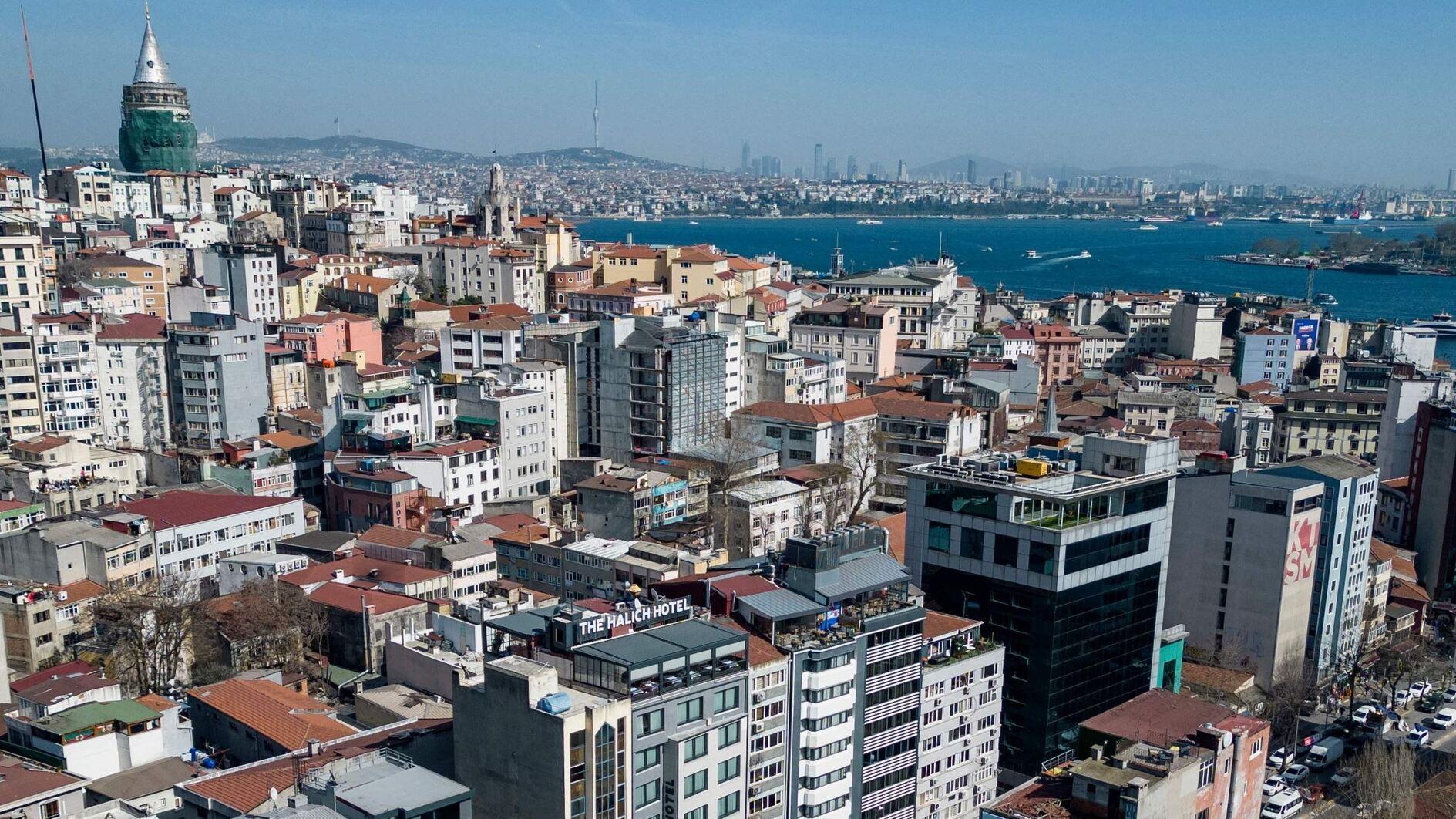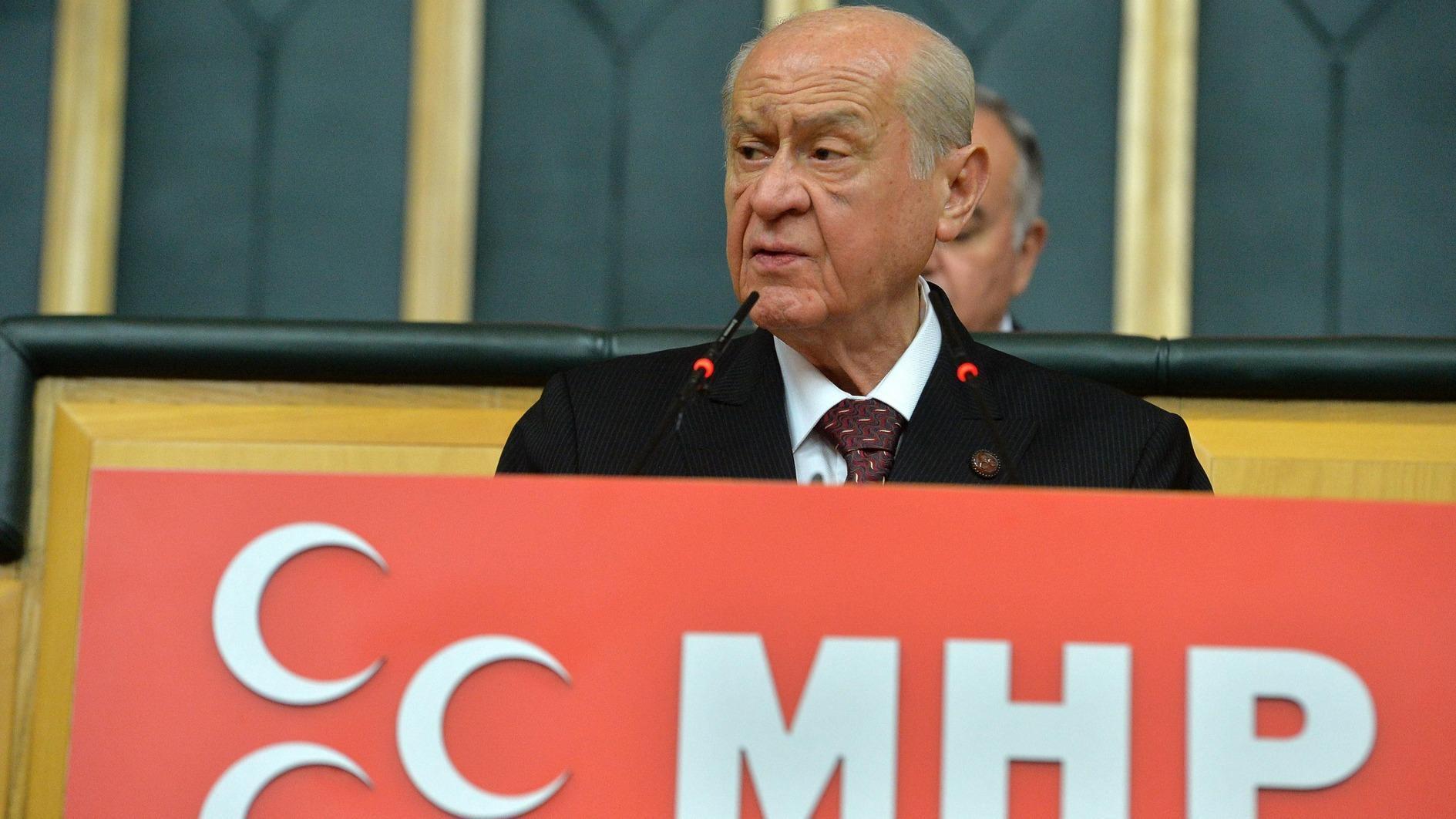The desperate alliance of Turkey and Saudi Arabia
Obviously, long-time U.S. allies Turkey and Saudi Arabia are extremely unhappy with the U.S.’s policy change over Syria in particular and the Middle East in general. Both countries long refused to face reality and did everything to hinder the new U.S. (and indeed Western) policy that prioritized the fight against the Islamic State of Iraq and the Levant (ISIL) over regime change in Syria. They ended up greatly disappointed and even felt betrayed by their great friend the U.S., and are outraged by Washington’s choice of new favorites: Iran and the Kurds.
Now, both heartbroken, Riyadh and Ankara seem to want try to join forces and change the new regional circumstances. On the one hand, Turkey’s welcoming of Saudi Arabia to use its İncirlik air base to launch attacks against ISIL seems to be a show of an “alternative and strong alliance” against the grand consensus between the West, Iran and Russia. On the other hand, Turkey’s shelling of Kurdish positions on the northern Syrian border aims to demonstrate its decisiveness concerning the Syrian Kurdish Democratic Union Party (PYD). I do not think Turkey and Saudi Arabia are considering risking their alliances with the West, but rather seeking more recognition. In short, their recent policies seem to be shaped more by desperateness than by comfortable choice.
Nevertheless, it is quite paradoxical to try to hinder one’s allies’ efforts while at the same time seeking more recognition. After Turkey and Saudi Arabia joined the coalition with their Western allies to fight ISIL, they focused more on fighting those they defined as bigger threats. Turkey started an extensive military attack on Kurds while Saudi Arabia started a military intervention against Shiite Houthis in Yemen. Anyway it was already an open secret that neither Turkey nor Saudi Arabia considered ISIL to be a major threat. If they did recognize it as a threat, it was only because it had become a hindrance for their Sunni-focused regional politics. Moreover, Turkey’s Kurdish policy U-turn from peaceful negotiations to military conflict further complicated regional politics and damaged its relations with the U.S., so much so that Turkey now defines the PYD a terrorist organization while the U.S. does not.
What’s more, it is now an open secret that there is no such thing as a “moderate opposition” in Syria anymore (if it ever even existed before). We all know that the U.S. and its allies could not find even a handful of moderates to train to fight against ISIL and al-Nusra and that many opposition groups share very similar views as al-Qaeda and ISIL. We all know that the majority of Syrians are moderates, which is why they chose to flee the country rather than get involved in an armed conflict against the regime. We know that those who chose to fight do so for some sort of an Islamic state or caliphate, and that those who flee Syria seeking Western countries would rather live in liberal societies than under some self-styled Caliphate or Islamic state.
We even know that those so-called “moderates” are little different than radicals when it comes to dealing with Shiites, Christians and secular Sunni Muslims. These are mere facts on the ground.
Under the circumstances, the only way to reach a political consensus and for Westerners to save face is to “pretend” that there are “moderates” and to include them in political negotiations. Nevertheless, Saudi Arabia, the Gulf and Turkey behave as if nobody knows the truth, insisting on prioritizing the removal of the Bashar al-Assad regime. They behave as if nobody knows that their real motivation is to ensure a greater role for themselves as “the protectors of Sunnis.”
As for Turkey, on top of other fallacies concerning Syrian politics, the most important current issue is the situation of the Kurds at home and abroad. But Turkey continues to refuse to face realities. On the contrary, it is seeking an offensive policy,thus risking more isolation, disillusionment and even a fateful war. We have gotten ourselves into this trouble and friends like Saudi Arabia will be of no great help.











